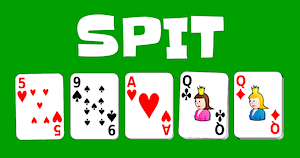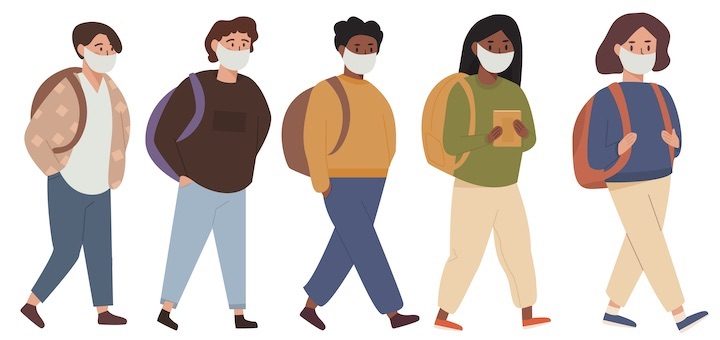How We Redefined What School Means
Pandemic education wasn’t all bad. I am willing to acknowledge this after a year in the trenches. Maybe finding the upside of a difficult year is simply survival.
Or is it possible that six weeks into summer break, as I sit with a view of the ocean and sip my morning coffee, I am forgetting? Or rationalizing? Or both?
I don’t think so. On our last sticky day in June, many of my eighth graders sobbed and broke pandemic protocol to give each other and their teachers hugs as they left middle school behind. Tears are typical on the last day, but it felt like more this year.
Our students were in school every day, all year, with a remote option. Most attended in person. They were organized in pods of 11-13 students and assigned to a classroom where they stayed, as teachers traveled to them. Each pod had a teacher who spent AM/PM homeroom, lunch and recess with them.
There were many reasons this system was not ideal. Kids were not afforded much movement and were stuck with the same small group of peers all year. Teachers were run ragged as we crisscrossed the building, laptops open, logged into our zoom meetings to save a precious minute of teaching time. Some teachers taught to multiple pods remotely.
At the same time…
At the same time, we re-defined what school means. We built stronger relationships. We cultivated social emotional learning without a prescribed curriculum. We witnessed resilience and kindness and fostered community. We were forced to slow down to keep up with the demands of the pandemic.
We built in time for the students at the beginning and end of each day to decompress, organize, and get some work done. But most of us also assigned less work, as we were mindful of the students’ mental health.
My pod was efficient with their work, leaving us with plenty of unstructured time. I am not sure why, but it occurred to me that they might want to play. At first it was teacher directed, as I urged my pod to bond. A lovelier group of children would be hard to find, but they aligned themselves into mini-cliques, and while they were polite and respectful to one another, they were not cohesive.

Even I played, although I lost in the first round to hands that were much quicker then my own. The game forced them to interact with classmates they may not have otherwise extended themselves to. And it was fun.
Building community in new ways
I loved watching students engage with non-academic pursuits, and one dreary November day I elicited feedback about how we could continue to build our pod community. One student jokingly said we should get a class pet, so I bought them hexbugs, tiny robotic toys that are a relic from their early childhoods.
Pretend play kicked in, as they named the hexbugs, built habitats and a race course made from construction papers. Other pods caught wind of this and were gifted hex bugs as well.
And then they started to direct their own downtime. They organized group games reminiscent of summer camp and homespun birthday parties – Murderer (not as gory as it sounds), Spoons (another card game which once in my absence became plastic knives when they couldn’t locate the spoons), and 7-Up.
Adolescents are more likely to engage with their phones or video games than group games or creative play. And school is not always a relaxed place. But when we gave them the space and the time, we also gave them a precious last run at childhood, and a reminder to the adults that school is more than academic pursuits – and 13 and 14 year olds are still unsophisticated.
Play allowed them to hold on to a piece of innocence in a world that has forced them to contend with a crisis that they do not yet have the experience to fully understand or process.
Play not only served as a stress release, it sharpened their social skills as they learned to accept and include one another. Maybe like me, they actually enjoyed the slower pace that our AM and PM extended homeroom afforded them.
Bonded by June
By June they’d identified their resilience at having survived the darkest days of the pandemic and recognized their success as 8th graders. They had simultaneously created individual roles (the cruise director, the math tutor, the boy who holds the door for everyone) and a group identity (Pod 9! The Pod Olympic champions!).
While they may not dance at each other’s weddings, I am hopeful that when they see a fellow pod member pass by in the halls of the high school they will extend a smile and a fist bump.
But I don’t want to forget what pandemic education gave our kids – the opportunity to play and find contentment in an unprecedented time that challenged them to do so. If we find ourselves in this situation again, we will have the advantage of these lessons learned.
Laurie Lichtenstein has been teaching 7th and 8th grade English and Social Studies in Westchester County, NY for more than two decades. In whatever spare time she can scrounge up, she writes about education and parenting her three children. Her work can be seen in Motherwellmag.com, the Bedford Patch, and The Jewish Magazine. Follow her on Twitter @thriceblessed. Read her other MiddleWeb posts here.































